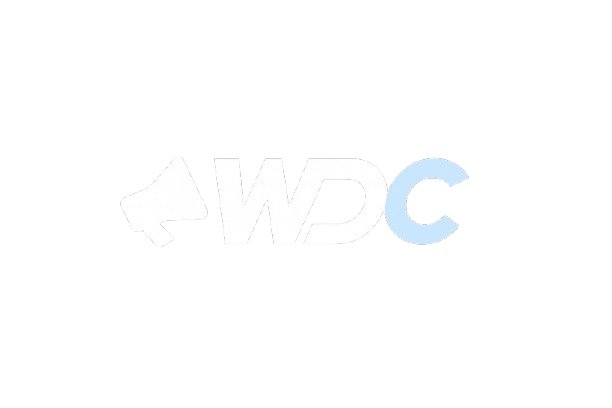In 2025, artificial intelligence (AI) has firmly established itself as a cornerstone of digital marketing. From personalized customer experiences to predictive analytics, AI has transformed how businesses approach marketing strategies, driving efficiency, accuracy, and unparalleled engagement. Let’s explore the groundbreaking ways AI is revolutionizing digital marketing in 2025.
1. Hyper-Personalized Customer Experiences
AI enables businesses to deliver personalized experiences by analyzing vast amounts of data in real time. In 2025, AI-powered tools provide:
- Dynamic Content Personalization: Websites and emails adjust their content based on user behavior, preferences, and demographics.
- Product Recommendations: AI algorithms analyze purchase history and browsing patterns to suggest highly relevant products.
- Chatbots with Human-Like Interactions: Advanced AI-driven chatbots offer instant, personalized responses, simulating human interactions while addressing customer needs efficiently.
Personalization fosters deeper customer connections, increasing engagement and loyalty.
2. Smarter Data-Driven Decisions
AI’s ability to process and analyze big data has become indispensable for marketers. By extracting actionable insights from user behavior, market trends, and campaign performance, AI helps businesses:
- Predict Consumer Trends: Machine learning models anticipate shifts in consumer preferences, enabling proactive strategy adjustments.
- Optimize Campaigns: AI tools like Google Ads Smart Bidding automatically adjust bids to maximize ROI.
- Real-Time Analytics: Marketers can monitor performance in real time, identifying opportunities and resolving issues instantly.
This data-driven approach ensures that marketing strategies are not only reactive but also proactive and innovative.
3. Voice and Visual Search Optimization
With the rise of voice-activated devices and image recognition, AI has expanded search capabilities. In 2025:
- Voice Search Dominance: AI understands and processes natural language queries, enabling marketers to optimize content for conversational search.
- Visual Search: AI-powered platforms like Google Lens allow users to search for products by uploading images, transforming the e-commerce landscape.
Businesses that integrate voice and visual search optimization into their strategies gain a competitive edge.
4. Predictive Analytics and Customer Insights
AI enhances predictive analytics, allowing marketers to anticipate user behavior with precision. This includes:
- Churn Prediction: Identifying customers likely to disengage and offering personalized incentives to retain them.
- Upselling Opportunities: Recognizing patterns that indicate a customer’s readiness for higher-tier products or services.
By staying one step ahead, businesses can craft strategies that align with future customer needs.
5. Enhanced Content Creation and Curation
AI tools like ChatGPT and Jasper AI have redefined content marketing. In 2025, these tools:
- Generate High-Quality Content: AI creates blog posts, social media updates, and ad copy efficiently, saving time and resources.
- Automate Content Curation: AI identifies and shares relevant industry content to keep audiences engaged.
- Visual Content Creation: AI-powered design tools generate eye-catching visuals and videos tailored to target demographics.
This streamlines the content creation process while maintaining creativity and relevance.
6. Programmatic Advertising
Programmatic advertising, powered by AI, automates the ad-buying process. It identifies the right audience, platform, and timing for maximum impact. In 2025, programmatic ads are:
- Highly Targeted: AI pinpoints niche audiences based on complex behavioral patterns.
- Cost-Effective: Automated bidding ensures optimal allocation of marketing budgets.
This approach eliminates guesswork, maximizing ROI on ad spend.
7. AI-Driven Social Media Marketing
Social media platforms use AI to enhance user experiences, and marketers leverage this to improve campaigns. Features include:
- Sentiment Analysis: AI evaluates customer emotions, helping brands adjust messaging in real time.
- Optimized Posting Times: Algorithms determine the best times to post for maximum engagement.
These capabilities ensure brands remain relevant and impactful in a crowded social space.
Conclusion
AI is no longer a futuristic concept; it’s the driving force behind digital marketing’s evolution in 2025. From hyper-personalization to predictive analytics, AI empowers businesses to deliver targeted, efficient, and effective marketing strategies. As AI continues to evolve, the opportunities for innovation in digital marketing are limitless, making it an indispensable tool for businesses aiming to thrive in the digital age.

